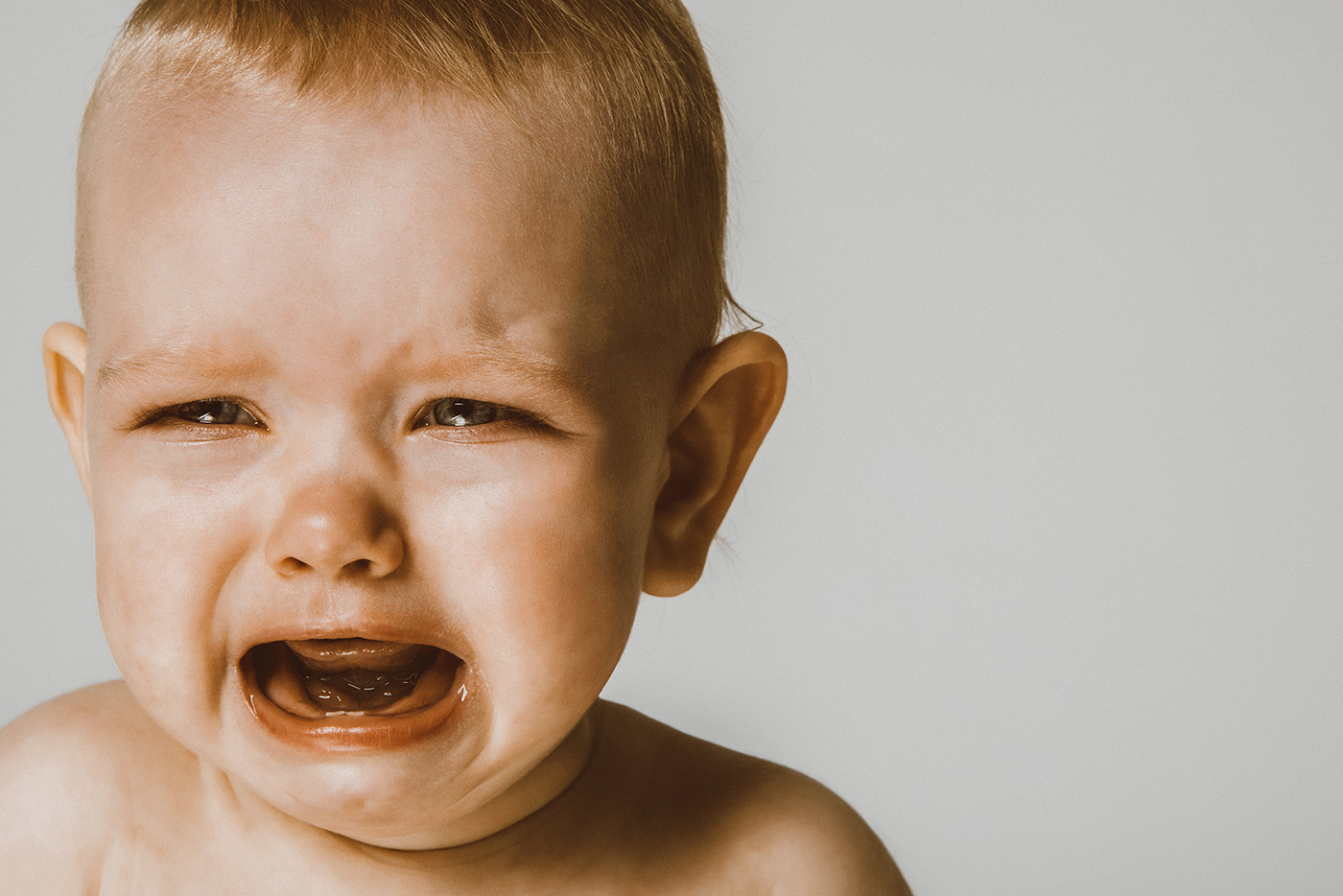Going Out to Dinner with Kids While on a Sleep Schedule
Is Sleep Training Safe?
If you’re sleepless and wondering what options you have, you have likely come across sleep training as a solution to your baby’s sleep disruptions. Spend any time at all on social media, or the internet, and you have likely come across a lot of information about sleep training – both for, and against. When making any decision for your child you want to be sure that you are doing the right thing by them. You want to make sure that sleep training is safe, both physically and emotionally. As a sleep consulting company we have done quite a bit of research on the topic. Plus, we have the experience of over 10,000 clients to speak to. So, allow us to share what we know.
Sleep Training & Your Baby’s Physical Safety
Sleep safety is our top priority when sleep training. Actually, its a priority for us always, whether you sleep train with us or not. Unfortunately, safe sleep is not always straight forward. Products marketed for sleep can be recalled due to safety concerns. Also, when a parent is truly exhausted, unsafe sleep conditions can unintentionally occur. We offer a free download for anyone who wants to understand which products and practices are safe so you can avoid these situations. We believe everyone should have access to safe sleep information. For client’s, each sleep program includes education on safe sleep practices. This includes analysis and recommendations to improve the safety of the sleep environment.
Each consultant is required to go through an in-house safe sleep training and a training through Cribs for Kids, an organization dedicated to sleep safety. We also remain informed about product recalls and new research so that we can pass along the most accurate and up to date information to you.
Safe sleep isn’t just about the sleep environment the child is in, its also just as important for the parent. An argument could also be made that a parent whose child isn’t sleeping, may be subsequently suffering the effects of sleep deprivation. Consistently getting less than 7 hours of sleep each night can make an adult more accident prone, and have a decreased reaction time.
Sleep Training & Emotional Safety
The Research

In our experience, parents are largely concerned that sleep training is emotionally damaging to their child. Recently, journalist Tom Vaillant, compiled research on sleep training to determine exactly this: Is sleep training harmful? While the debate remains a hot topic across social media and blogs, the research based conclusions are clear. “If we look at all 75 clinical trials across the aforementioned literature reviews, over 30,000 babies participated between 1980 and 2022. The clinical consensus isn’t divided: to date, no published research points to sleep training causing harm, and the majority of published pediatric sleep researchers advocate sleep training.”
Additionally, his findings show that much of the dialogue around the damaging effects of sleep training point to extreme examples of neglect. These examples do not fit the definition of sleep training. Additionally, despite concerns of sleep training negatively impacting attachment, there is no evidence proving this to be true. He writes, “So from a scientific perspective, the theory that sleep training undermines attachment remains unsupported, but from a popular perspective, it has become a common belief.” These beliefs have been proven to be inaccurate, by the very doctor whose research has been cited.
We know that the decision to sleep train is a personal choice. What we seek to do with this blog is to provide context around the misinformation that persists. It can cause parents to feel shame, needlessly. Baby sleep can be complex and sleep consultants can be a resource for families who are struggling.
What I Wish People Opposed to Sleep Training Knew
Other than you, no one wants the sleep training process to be easier on your baby more than your sleep consultant. There is so much more to sleep training than most people realize. To name a few…
- Sleep training is about so much more than sleep. We must consider every aspect of a child’s life. These include: sleep environment, routine, nutrition, age appropriate wake windows, etc. A consultant is considering all these factors when making recommended habit changes.
- Sleep Wise Consulting sleep plans offer a recommended sleep training methodology, followed up by personalized recommendations that are based on the needs of the individual child. This customization allows us to resolve sleep disruptions that persist through other sleep training attempts. On-going analysis of a child’s progress gives a consultant insight to provide recommended solutions.
- While there are multiple methods for sleep training, the cry-it-out method is not one we utilize. But crying will be how your baby communicates change. Once needs have been met, rest assured that crying is the result of changes to sleep onset. In addition, should a child need adult intervention during the night, parents will know how to respond.
- Every member of this team has chosen to become a sleep consultant because they have been personally impacted by the sleep of their baby. They have seen that there is a better way and want to help others.
- Parents regularly report that they feel more connected to their child after sleep training. They have a deeper level of understanding of their child’s needs. They have a sense of balance in their day. Their child is happier. One client recently said, “Our connection has not been disrupted with our daughter. She continues to trust us as her parents. We have regained sweet time with our big kids and with each other.”
Whether you choose to sleep train or not we hope to end the misinformation around this practice. For the sake of maternal mental health. For the sake of helping your baby to learn a new skill.


